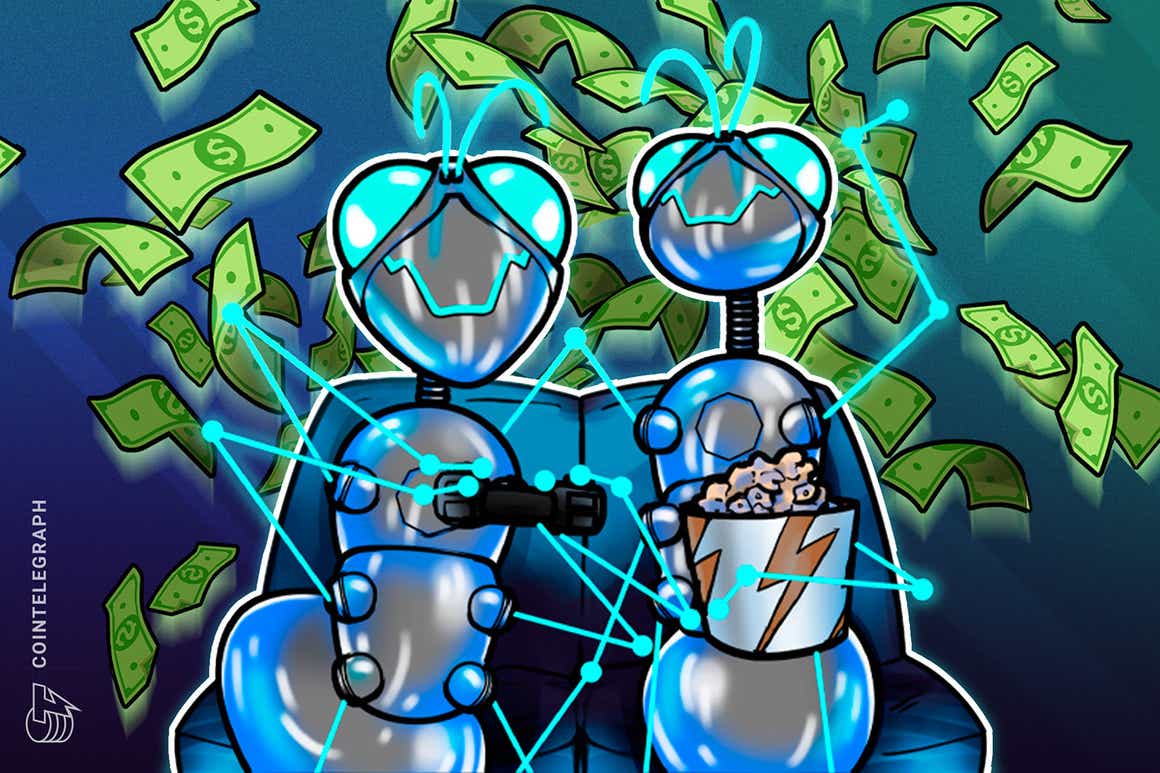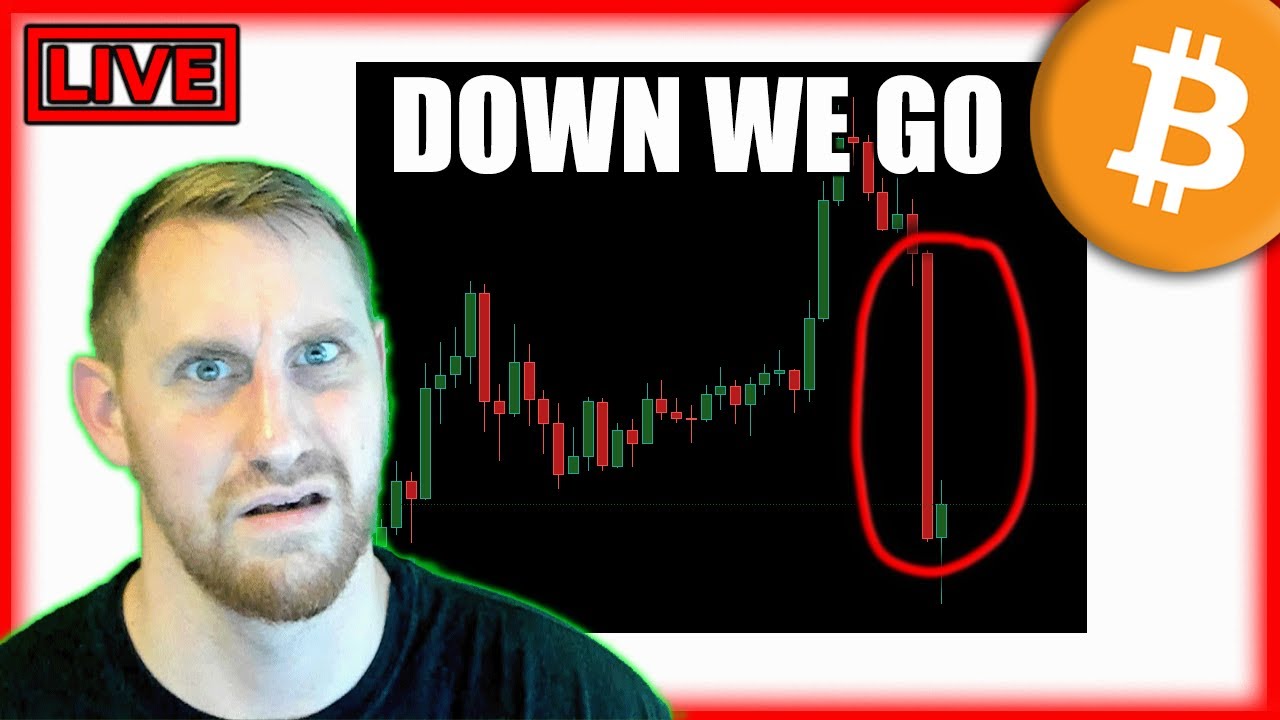As of at the moment, Coinbase has 139 tradable belongings. The alternate added a whopping 83 belongings to its buying and selling listing in 2021, practically double the variety of belongings it had gathered within the eight years since its founding.
Is that this speedy enlargement a easy cash-grab? Are any of those lesser-known tokens and cash securities? Is that this irresponsible or overly bold? What does this speedy enlargement of belongings by Coinbase imply?
A cash seize?
I really feel the reply to the primary query is an emphatic “No!” Coinbase is making some huge cash on buying and selling charges, however its token listing enlargement is just not in regards to the cash. Coinbase started out with a small sales space at a convention “simply attempting to make one thing that clients needed,” pitching T-shirts and a hosted Bitcoin (BTC) pockets. Now, Coinbase is the second-largest crypto alternate on the earth.

It’s a typical story that an entrepreneur builds one thing, finds success, sells and strikes on, however Coinbase founder and CEO Bryan Armstrong was manning that small sales space eight years in the past, and continues to be at Coinbase at the moment. The alternate stays true to its — and Armstrong’s — core values: financial freedom, property rights, a extra environment friendly world system of alternate, and for my part, simply constructing the issues that clients need.
Again in June of this 12 months, Armstrong posted a collection of tweets indicating Coinbase’s change of method to figuring out which belongings get listed. To sum it up, Coinbase shifted from a merit-based method relying on inside standards to a practical method primarily based on externalities. This new method permits the market to determine which belongings have probably the most worth — appropriately. Reminder: Do your individual analysis, even when it’s a Coinbase itemizing.
The accountability behind a crypto lender’s asset itemizing
Securities?
Coinbase acknowledges and accepts its management position in shepherding in new regulation that’s helpful to the brand new economic system. The alternate actually does appear to pay attention to its management position within the crypto house, and works exhausting on compliance. It subsequently wouldn’t make sense for Coinbase to listing a gang of belongings which may provoke regulators (in the US, “nonaccredited” traders are barred from early challenge funding).
Whereas the Securities and Trade Fee is treating stablecoins as securities, Coinbase’s itemizing parade has continued nearly weekly. It is vitally possible that there are belongings added to Coinbase’s commerce pairs that the SEC would deem securities. Nevertheless, the obstacles that at the moment exist within the title of “investor safety” could lastly be coming down. Coinbase’s aggressive itemizing exercise squares with the financial freedom, sturdy property rights, and core values that it helps, and will even trace at undisclosed coverage being mentioned privately.
As Melissa Strait, chief compliance officer at Coinbase, pointed out:
“We’ve at all times believed that for crypto to realize the legitimacy wanted for mainstream adoption, compliance can’t be an afterthought — it needs to be core to the best way we function.”
She additionally added: “We strongly consider that to ensure that cryptocurrency to realize widespread acceptance, we should have a constructive relationship with the regulators and businesses which were charged with oversight of the crypto ecosystem.”
Practically all of the belongings listed this 12 months are ERC-20 tokens on the Ethereum community. Why? As a result of they’d be deemed “sufficiently decentralized.” This phrase is taken from a speech that William Hinman (former director of the SEC’s Division of Company Finance) made in June 2018. As long as an asset is as decentralized as Etherum was on the day of that speech, it’s informally and tentatively not thought-about a safety. Thanks, Hinman!
Deterring adoption? Balancing safety and innovation in crypto
Irresponsible or overly bold?
If there may be one factor I’ve noticed in researching this matter, it’s that Coinbase may be very organized and process-driven. I assume it needs to be apparent, contemplating its success. Coinbase’s workforce is conscious of the authorized circumstances during which the alternate operates, and has constructed decision-making methods designed to maintain tempo with this breakneck trade. Armstrong himself stated that he needs to on-board a billion clients. Now that’s bold! Overly, although? Not in case you consider in a free and open monetary system past the management of any central actor.
Coinbase claims to be “agnostic” on itemizing tokens. That’s, Coinbase doesn’t make any judgement on the tasks it lists, however rewards the builders that verify the entire bins of its itemizing standards. It’s attention-grabbing to see the combo of tasks which can be making it onto the Coinbase platform. In any case, a Coinbase itemizing is like making it to the large leagues.
What now?
Coinbase listed 16 DeFi tasks in 2021. It doesn’t come at a shock that decentralized finance takes the highest spot. First-layer tasks got here in second place with 12 — once more probably not a shock, as everybody needs to be the subsequent Ethereum. In third place have been eight decentralized alternate tokens, whereas tied in fourth place have been stablecoins and NFT gaming, every with seven tasks. Taking fifth place have been layer-two Ethereum tasks.
Coinbase actually stepped on the gasoline this 12 months. It may imply any variety of issues relying on who you ask. For me, it’s a very bullish signal for the general trade. Coinbase is giving its clients what they need: extra selections and extra alternatives to seek out that undervalued gem. It’s as much as every particular person to do their very own due diligence. What some would name probably the most “user-friendly” platform round is offering entry to a good variety of belongings now. Having the liberty of selection is a accountability — select correctly, or you might discover that the SEC will really feel the necessity to decide on for you.
This text doesn’t comprise funding recommendation or suggestions. Each funding and buying and selling transfer includes danger, and readers ought to conduct their very own analysis when making a choice.
The views, ideas and opinions expressed listed below are the writer’s alone and don’t essentially mirror or signify the views and opinions of Cointelegraph.
Stephen J. Mesa is the unofficial “ambassador” of Cointelegraph Markets Professional. He’s a business gross sales supervisor of garden and leisure at John Deere Tools, with 16 years of expertise as an actual property market analyst and 10 years designing and putting in customized automobile audio and alarm methods.










